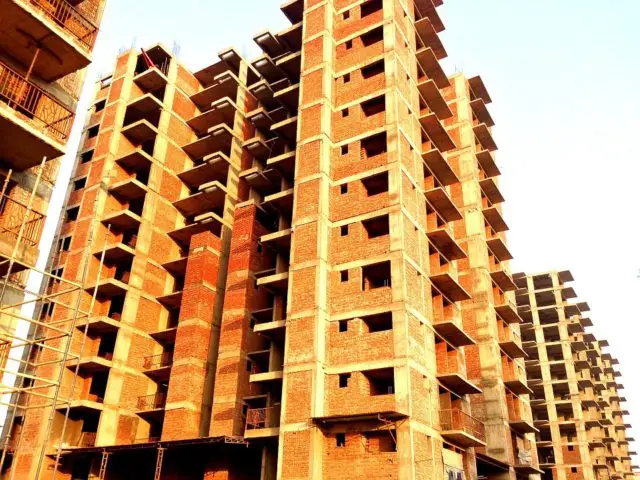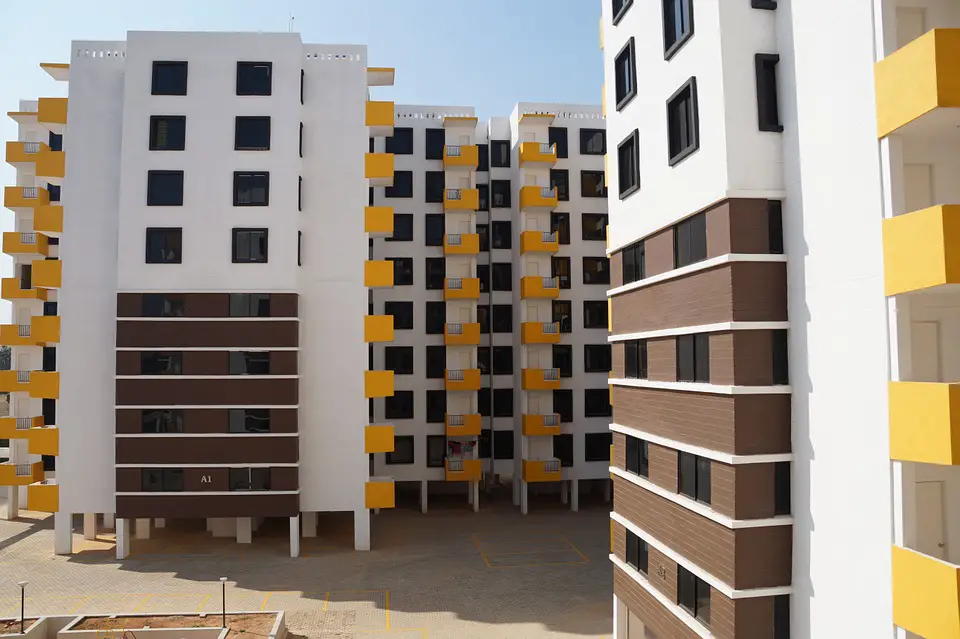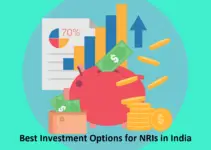India has entered to a historical moment at midnight of 1st July 2017 by launching Goods & Services Tax (GST) to establish a uniform tax structure throughout the entire country. As the real estate is contributing 6-7% of total GDP, it is inevitable to look on real estate sector or specifically the GST impact on home buyers.
In this article, we will discuss the GST impact on home buyers for under construction as well as ready to move property. We will also try to explore the GST impact on real estate from developers’ perspective. Recently, from the last 8-10 months, real estate sector is going through a set of changes, starting from demonetisation. Real estate regulatory bill (RERA) is the second factor and now the GST.

What is GST?
Before GST, there were approximately 15 numbers of direct and indirect taxes. To simplify the tax structure Government of India (GOI) a much simpler form of tax which is called GST. It has different rates such as 0%, 5%, 12%, 18%, 28% etc. It is to be levied in every value addition of a product cycle. The GST is levied on the destination.
Suppose, a bag manufacturer stitches some parts of a bag in Delhi and sells it to the next manufacturer in Punjab for further work. GST will be levied on the price and it will go to Punjab. Also, the manufacturer in Delhi bought the bag at Rs 100 and paid GST at 16%, so a total price of Rs 116. Now he has sold the unfinished bag to the manufacturer in Punjab at Rs 200 and claims the already paid GST as Rs 16. He needs to pay balance GST i.e. Rs 16 to the Government.
Hence, there is no tax on tax means no double taxation. This input tax credit is the biggest game-changer in the form of GST on real estate sector.
Overall Change:
The taxation from a buyer’s perspective was very difficult to understand. Earlier there were Service Tax, VAT, Stamp duty and registration charges. Now the service tax and VAT have been replaced by GST. The stamp duty and registration charges are excluded from GST and it will still be levied by the state government. The stamp duty and registration charges are different in different states.
GST Impact on Under Construction Property:
As discussed in the above paragraph that service tax and VAT have been replaced by GST. GST council has fixed the rate at 12% of the cost. Actually, the GST on real estate property is 18%, but Government has allowed one-third of the tax to be deducted from the land value from the total cost which is to be charged by the developer.
Since the GST has the facility of input tax credit, developers can claim the benefit of GST on the input material costs and transportation costs. The input tax credit can also be claimed for the services from architectures, professionals, engineering services of the building etc.
Since the GST has the facility of input tax credit, developers can claim the benefit of GST on the input material costs and transportation costs. The input tax credit can also be claimed for the services from architectures, professionals, engineering services of the building etc.
The builders can pass on the benefit in terms of lower price where the building construction is going on. If the construction is just started which is applicable for newly launched properties can pass the maximum benefit to the buyers.
GST impact on Ready to move property:
The ready to move properties will be highest affected on the introduction of GST. The government has made it clear that the building which has already been finished will not attract GST. Hence there will be no tax credit for the material purchases and services consumed by the developer.
The GST of a real estate property will attract tax at a rate of 12% which was earlier 8%-9% across the different states. So, there is a straight increase of 3%-4% on property prices. Now, the developers have to either absorb their margin or they have to increase the prices. The second option is quite obvious in this case.
So, there is a straight increase of 3%-4% on property prices. Now, the developers have to either absorb their margin or they have to increase the prices. The second option is quite obvious in this case.
Also Read: Five Factors to Take Care Before Investment in Mumbai Real Estate
GST on Affordable Housing:
Affordable housing is a very important area for Government of India. It has the mission of providing housing to all Indians by 2022. That’ why the GOI has decided that affordable housing is not applicable by GST rules. Hence, there is no impact on affordable housing for GST.
Also Read: How to Apply for Pradhan Mantri Awas Yojana Scheme
Real Estate Developers and GST:
The real estate developers had to comply various taxes during the before GST period. It was a massive task for the small builders to comply different taxes as per their rules. They had to take care of customs duty, central taxes, excise duty, octroi, entry tax etc.
Now, it is easy for the developers to calculate the taxes as there is one tax applicable. The tax on raw materials such as the rod, cement is not changing so much but the logistics cost will change a lot due to the single taxation system. Moreover, Builders can claim the input tax credit from the raw materials and services and hence lower property price which will attract the buyers and in turn overall demand.
Now, it is easy for the developers to calculate the taxes as there is one tax applicable. The tax on raw materials such as the rod, cement is not changing so much but the logistics cost will change a lot due to the single taxation system. Moreover, Builders can claim the input tax credit from the raw materials and services and hence lower property price which will attract the buyers and in turn overall demand.
Conclusion:
Though there is a very marginal benefit that the buyers can get in terms of price reduction of the real estate, it will have significant improvement once the ball of GST starts rolling. We can experience a better price and transparency after a few months for real estate sector. Also, a better implementation of RERA can help to improve this sector in near future.
Share the article.



